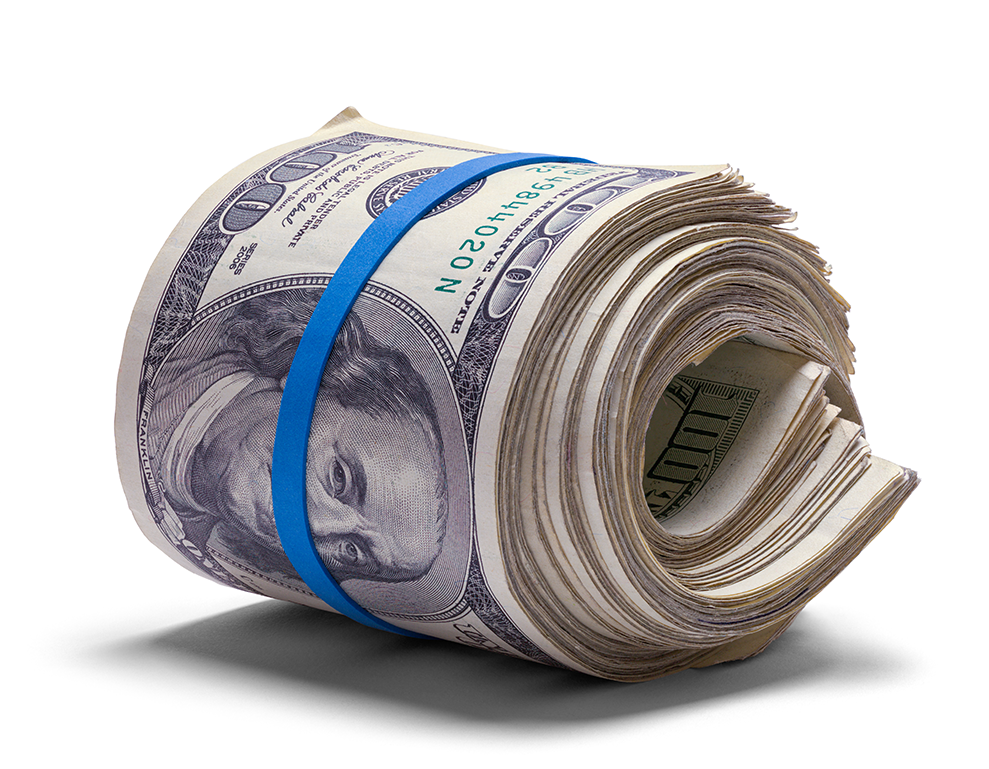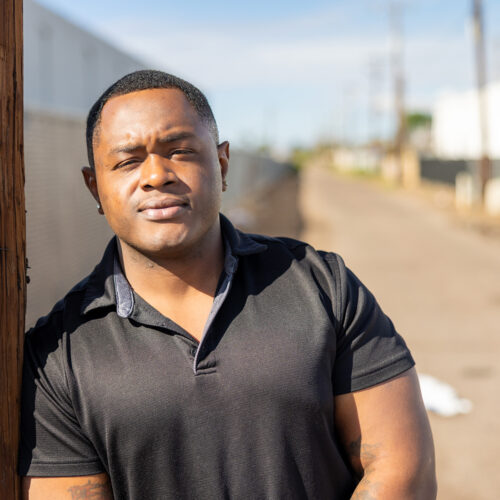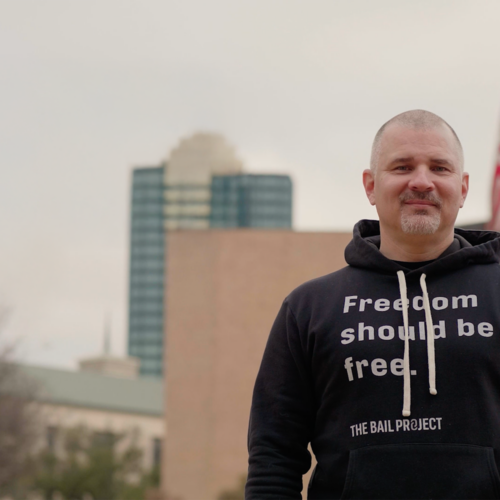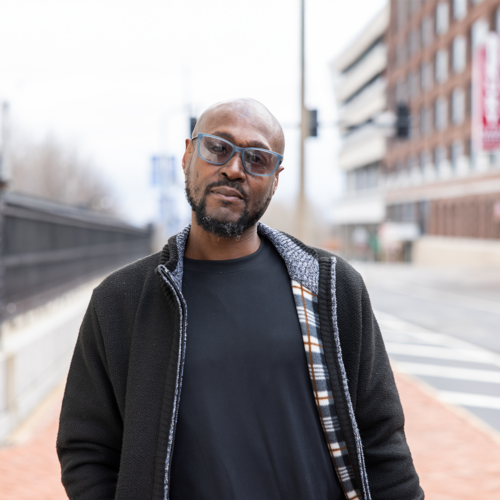Cash bail was designed to encourage people to come back to court for their trial. If you are arrested, you or your loved ones can pay bail and you’ll be released. If you come back when you are supposed to, your family gets their money back.
The U.S. Constitution prohibits “excessive bail.” Excessive bail forces people to stay in jail – even though they’ve not been convicted of anything. Unfortunately, today judges routinely set bail amounts that exceed what most people can afford.
The result? Jails are full of people waiting for trial. They are presumed innocent on paper, but in practice, they are being held for weeks, months, and sometimes years as they wait for trial.
Many people understand that cash bail is unfair. But they’ve been told there isn’t a better option. We have good news.
People will return for their court dates even without bail. In some parts of the country, judges can and do release people on the simple promise that they’ll return to court. The data shows that for most people this works! In fact, when people don’t return to court when they are supposed, it’s usually for innocent reasons – like confusion about when they are supposed to show up or not having adequate childcare. Sending text reminders and providing free transportation can be more effective than bail to get people to return to court.
Nearly everyone helped by The Bail Project goes to every court appearance, even though they have none of their own money on the line.
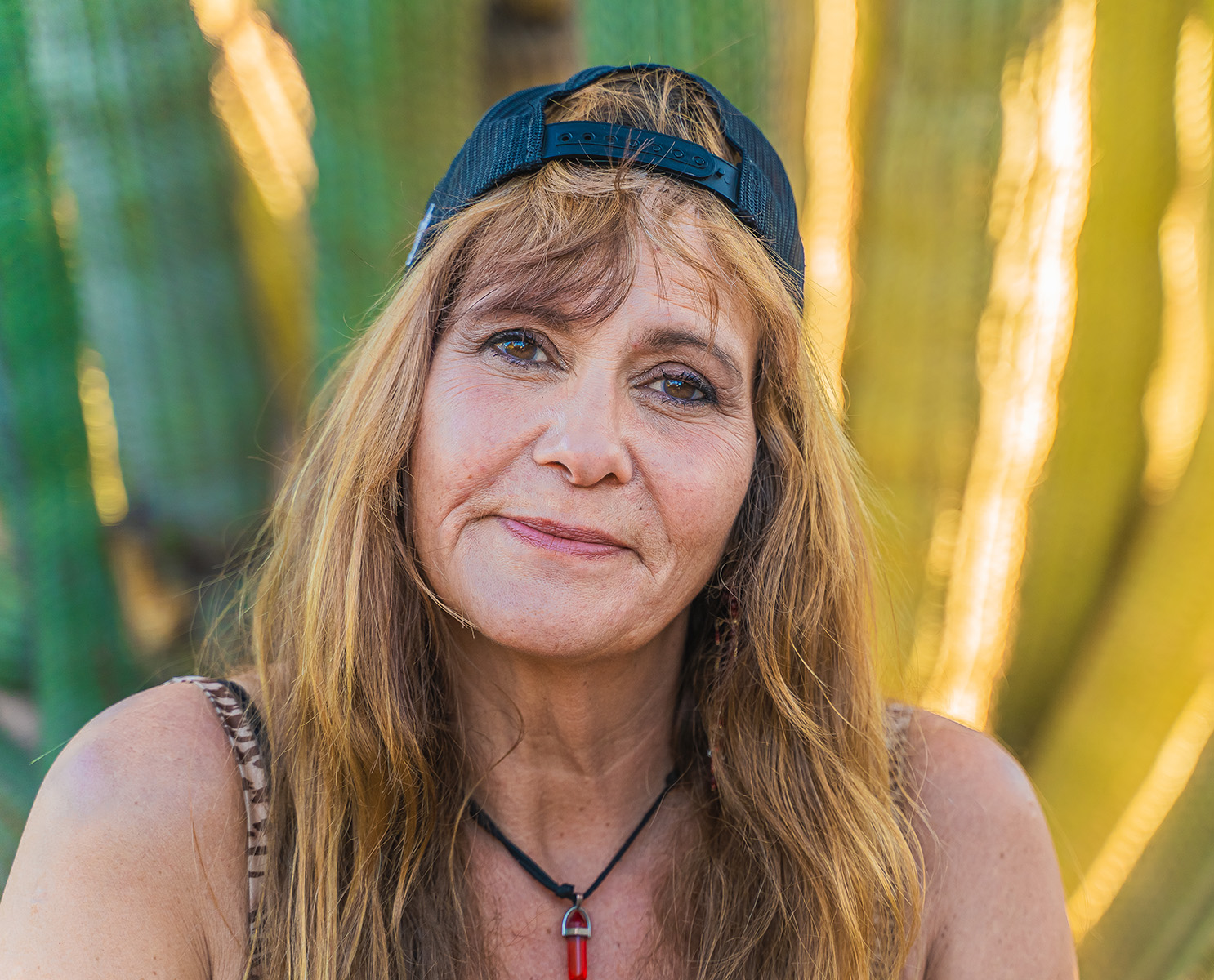
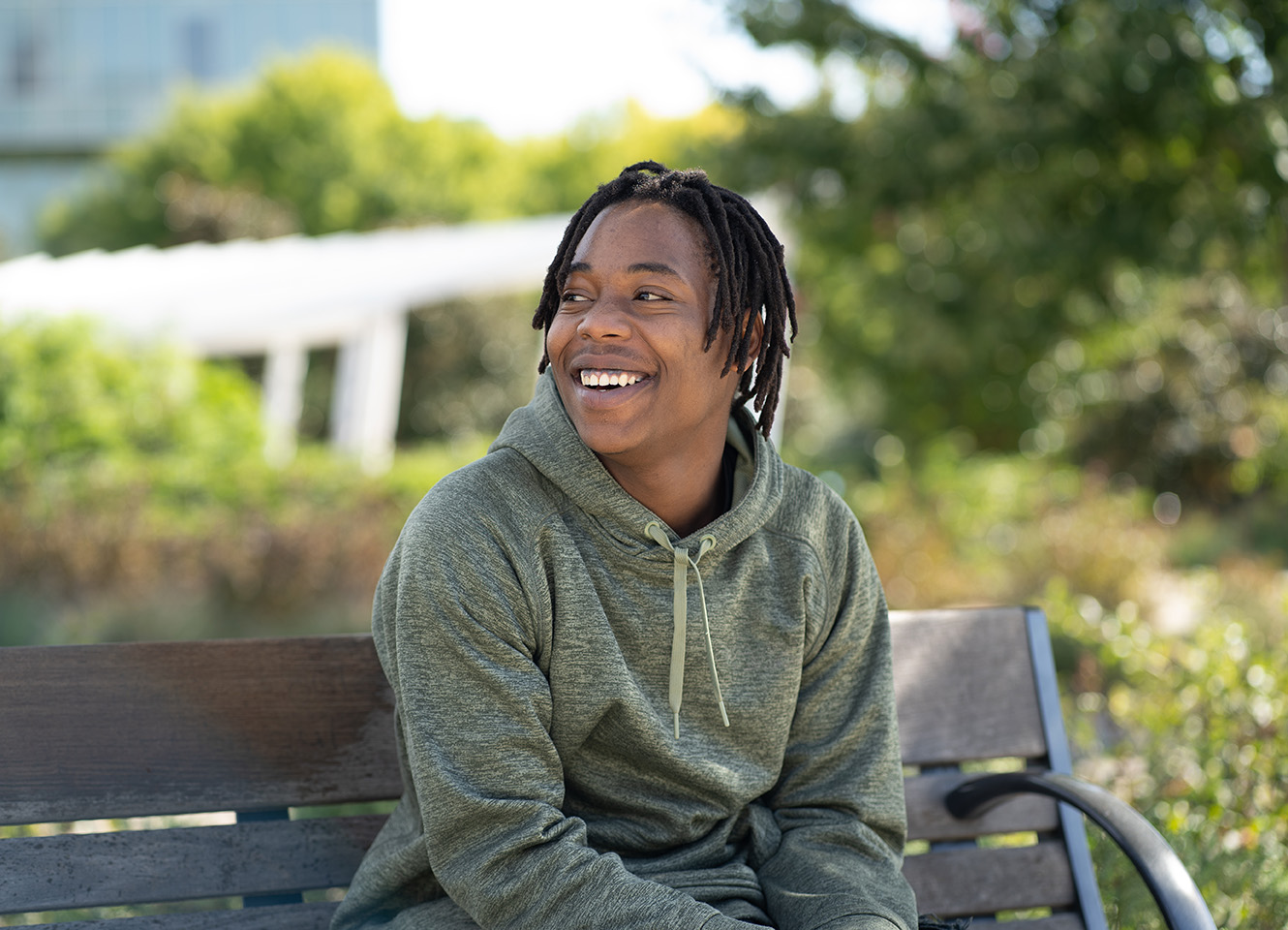
How bail pressures people to plead guilty
Every day, nearly half a million people sit behind bars just because they can’t afford bail. They have not been convicted of anything. And because judges are more likely to set higher bail amounts for people of color, this injustice disproportionately harms Black and brown communities.
Make no mistake – being in jail while waiting for your trial is hard. You often lose access to needed medications. You might be sexually harassed or assaulted. You lose income, and your children may be placed in foster care.
Imagine you’ve been in jail for a week, facing some or all of those challenges. It could be a month before a judge hears your case. A prosecutor makes you an offer: plead guilty and you get probation – you can go home. Refuse and you will sit in jail until the case is resolved, which your attorney tells you could take a year or more if you want a trial. What would you do? Many people end up pleading guilty, even if they are innocent. They just want to go home. As a result, they end up with a criminal record that will follow them for their rest of their lives, creating barriers to gainful employment and other opportunities.
Think about the implications of that: If you say you are guilty, you go home. If you say you are innocent, you stay in jail. That is not a system that upholds the concept of “presumed innocent until proven guilty.”
But what about people who pose a danger to others or plan to flee?
In exceptional cases, there are people who should not be released pretrial because they present a substantial and imminent threat to another person or because they intend to evade prosecution altogether, by leaving the state or country. But cash bail doesn’t fix that problem. In most cases, judges set bail with no formal hearing of evidence. If they believe the person poses a danger to others, the option of setting a high bail doesn’t always work – the wealthy just pay it. A better approach is an evidence-based hearing to determine if the person should be held, while also ensuring that due process is not compromised.
Any way you look at it, bail doesn’t work. It’s also expensive: American taxpayers spend over 14 billion dollars a year incarcerating people who have not yet been convicted of anything.
That is why The Bail Project is on a mission to take money out of the justice system so it’s fairer, more equitable, and humane.
Cash bail isn’t just a concept,
it affects real people.
Stories Create Change
By elevating the stories of those harmed by cash bail we aim to create a pretrial system that is more just, equitable, and humane.
Free Bail Assistance
By providing free bail assistance to those in need, we restore the presumption of innocence, reunite families, and gather evidence for change.



